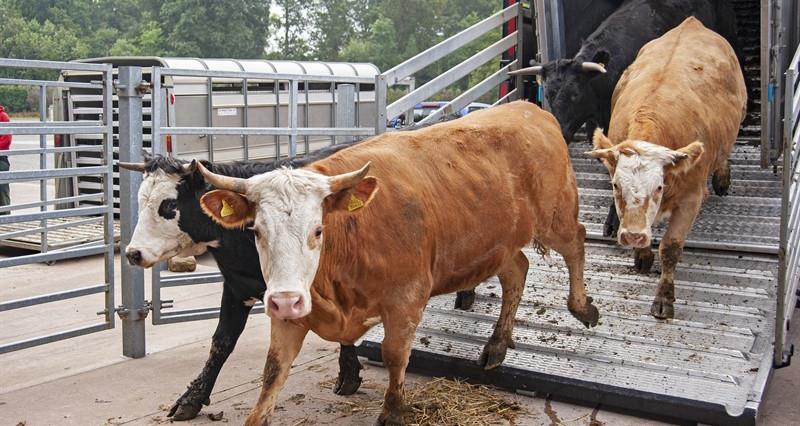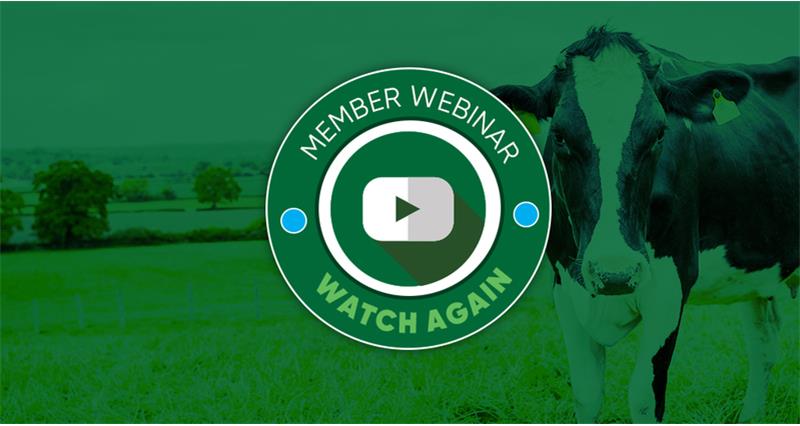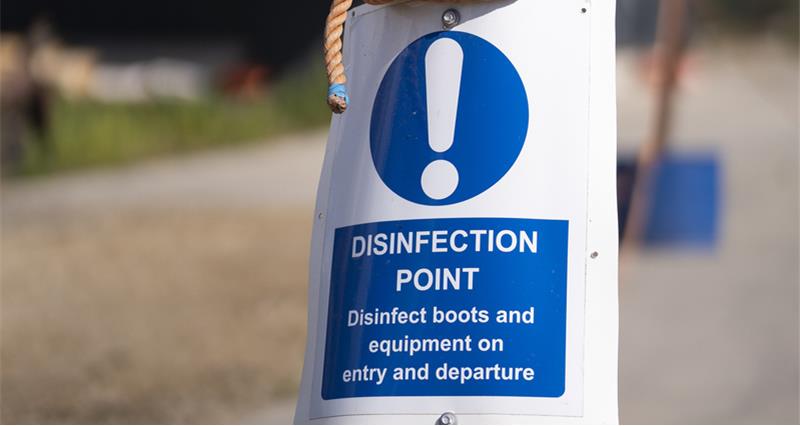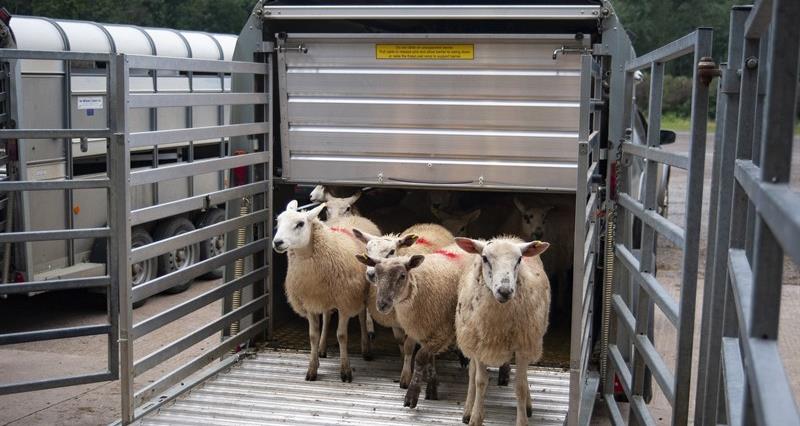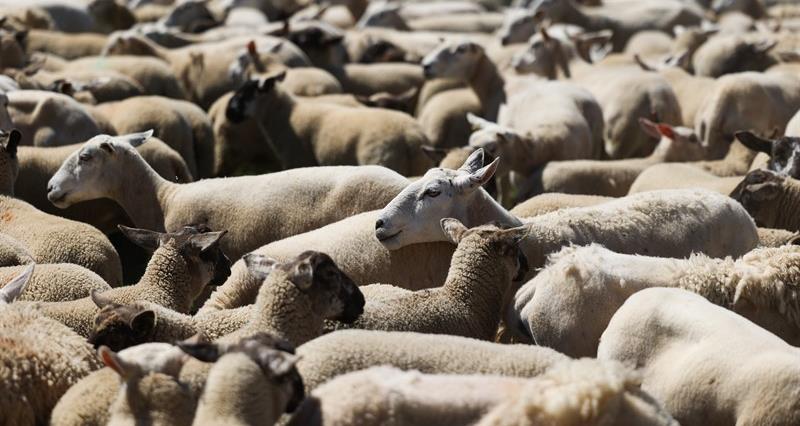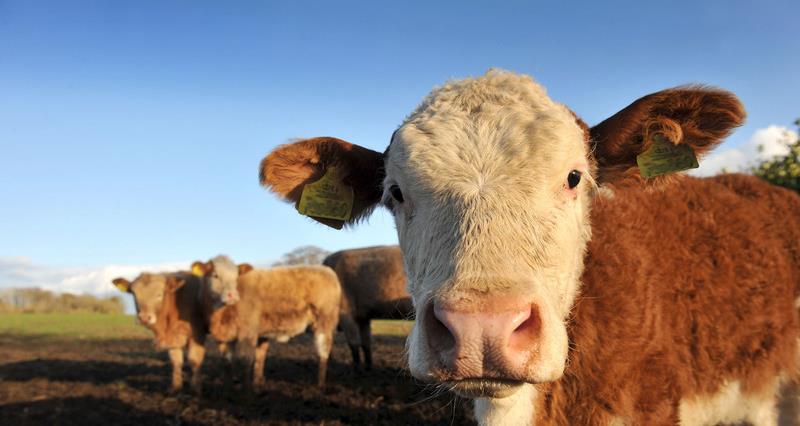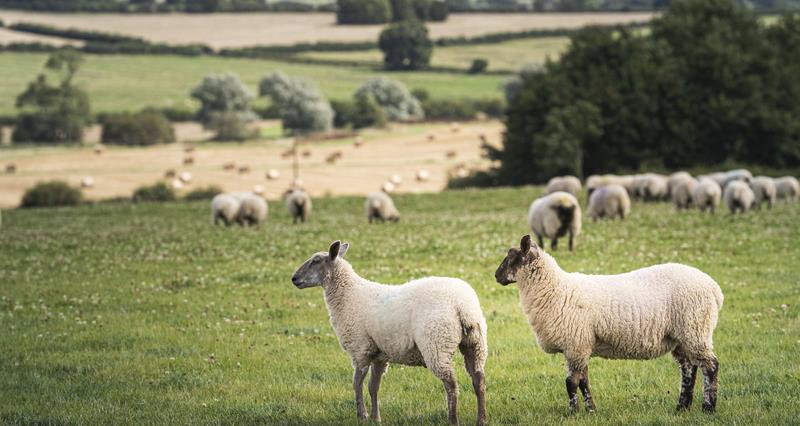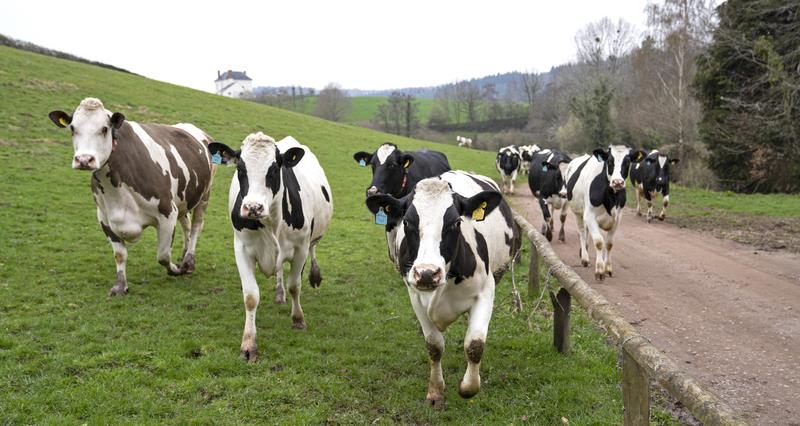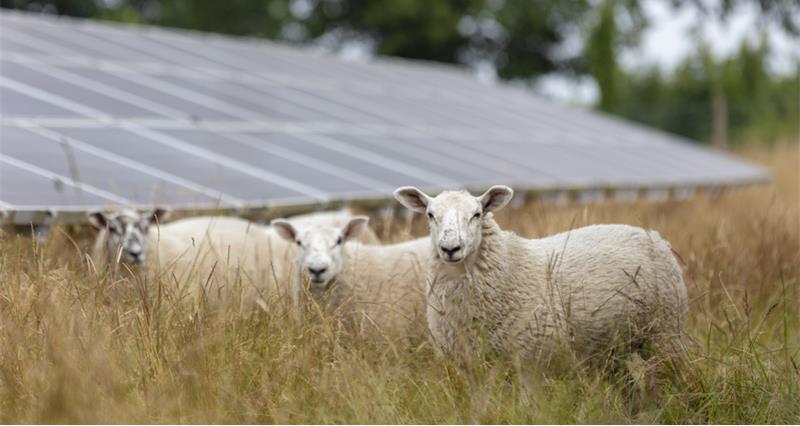Watch recordings of past AHDB webinars by visiting: AHDB | Bluetongue virus technical webinar
- For the latest information, visit: GOV.UK | Bluetongue: news, information and guidance for livestock keepers
- For details of cases and control zones, visit: GOV.UK | Notifiable animal disease cases and control zones
- Check if you’re in a temporary control zone or restriction zone – use the APHA's interactive bluetongue zone map.
- Report vaccine usage: GOV.UK | Report your use of the bluetongue serotype 3 (BTV-3) vaccine
Ruminant Health & Welfare has a section dedicated to bluetongue:
Reporting suspected bluetongue
Bluetongue is a notifiable animal disease. Suspected cases must be reported immediately. Failure to do so is an offence.
Keepers also have a legal duty to report any abortions or deformed calves.
- England – call the Defra Rural Services Helpline on 03000 200 301.
- Wales – contact 0300 303 8268.
- Scotland – contact your local Field Services Office.
Signs and symptoms
Bluetongue affects sheep, cattle and other ruminants. It is a viral disease spread by biting midges, which affects all ruminants (e.g. sheep, cattle, goats and deer) and camelids (such as llama and alpaca).
Symptoms vary across ruminants, but include fever, lesions, redness of the mouth, eyes, nose, reddening of the skin above the hoof, excessive salivation and nasal discharge. However, animals may show little or no clinical signs.
It does not affect humans or food safety – meat and milk from infected animals are also safe to eat and drink.
For more information on the signs and symptoms of bluetongue, visit: GOV.UK | Bluetongue: how to spot and report the disease
Key webinars
AHDB offers a series of technical webinars which offer vet practitioners and other stakeholders valuable technical information about BTV3.
Details of upcoming webinars can be found at AHDB | Bluetongue virus technical webinars.
Watch the previous webinars, which have covered topics such as the symptoms of BTV, the midge lifecycle and the impact of temperature on BTV transmission at: YouTube | AHDB.
Your health and wellbeing
Your health and wellbeing matters.
If you are in need of help or support in the aftermath of a bluetongue outbreak on farm, there are a number of farming organisations that can help.
If you are struggling or know someone who is, know that you are not alone. Our health and safety team have put together a list of available organisations that can support you, both nationally and locally.
Bluetongue impact survey
To help understand how BTV-3 has impacted flocks and herds this year, please complete the latest AHDB-led survey by 31 December. This insight will help the industry better assess the on-going impacts of this disease and understand how best to support the sector.


